Van Dai Medicinal Cooperative produces organically.
Changing the mindset of clean agriculture
Thai Binh - one of the large rice granaries of the Red River Delta has been gradually realizing this trend. In recent years, Thai Binh's agricultural sector has developed quite comprehensively in the direction of commodity production, the structure has shifted towards industrialization and modernization, gradually innovating agricultural production models, applying science and technology, promoting chain linkages and especially focusing on safe, ecological and organic production. The method of organizing production in the field of cultivation has changed positively in terms of varieties and intensive farming techniques, forming many models of linking production and product consumption. Forming specialized areas for vegetables, fruits, medicinal plants associated with processing and consumption markets, creating a number of models combining agriculture - industry - services in rural areas. Currently, the whole province has nearly 240 cooperatives participating in linkages with 20 enterprises inside and outside the province, forming specialized areas for crops with strengths such as high-quality rice, fruit trees, medicinal plants.
In that general flow, organic production is gradually asserting its role in increasing the value of agricultural products, improving farmers' income and moving towards the development of green, modern agriculture. The model of growing VC01 apples of Taiwanese variety in an organic direction at the Agricultural Service Production and Trading Cooperative of Trong Quan Commune (Dong Hung). The model is part of a research project implemented by the Department of Science and Technology in coordination with the Institute of Food Crops and Food Plants, Trong Quan Agricultural Service Production and Trading Cooperative from the beginning of 2024 on an area of 2 hectares, planting 1,400 apple trees in 6 modern greenhouses.
The entire farming process strictly follows organic procedures: no chemical fertilizers, no chemical pesticides, using microbial fertilizers, biological pesticides and automatic irrigation systems. Mr. Tran Minh Bang, Director of Trong Quan Agricultural Production and Service Cooperative, shared: Switching to organic production not only helps plants grow healthy and less susceptible to pests and diseases, but also significantly improves the quality of agricultural products. Apples are clean, fragrant, crispy, and favored by the market, and at times supply cannot meet demand. The selling price is 30-40% higher than that of regular apples. This is an effective economic model, suitable for modern consumption trends. More importantly, according to Mr. Bang, organic farming has helped the cooperative change its mindset: from production based on experience to production with a process, from small-scale production to linkages, from chasing output to valuing quality. That is a fundamental change, paving the way for a modern agriculture that is responsible to the environment and consumers.
Sharing the same orientation of developing organic products, in Hung Ha district, Van Dai Medicinal Herbs Cooperative, Chi Hoa commune is also affirming its pioneering role in the field of growing clean medicinal herbs. Established in 2022, with an area of over 3 hectares, the Cooperative is cultivating more than 40 types of medicinal herbs such as black xạ, khôi nhung, cát sâm, dinh lang, kim ngan, he thu o... in an organic direction, without using stimulants or synthetic pesticides. Mr. Dang Quang Chiem, Director of the Cooperative affirmed: Medicinal herbs are products associated with health, so safety is a must. From the beginning, we determined to produce in an organic direction to create trust and brand value. Although the initial investment is higher, the selling price is higher, the output is stable, customers are assured and confident in using. In addition to production, the Cooperative also cooperates with local people: providing seeds, technical support, purchasing raw materials, processing and consuming. In addition, the cooperative creates stable jobs for over 10 workers, mostly middle-aged women and the elderly, contributing to the sustainable development of the rural economy.

Organic apple growing model of the Agricultural Service Production and Trading Cooperative of Trong Quan commune (Dong Hung).
Towards green agriculture - sustainable circulation
Not only producing clean products, some models in Thai Binh also combine organic production with natural resource exploitation, developing a chain of typical products. A typical model is the organic rice production model combined with clam farming in Binh Thanh commune (Kien Xuong) which is creating a three-layer ecological agricultural ecosystem: rice - clam - areca. On an area of nearly 10 hectares, rice is planted with high-quality seeds, cultivated in an organic direction, without using toxic chemicals. At the same time, clams, a natural resource in the fields, are preserved and exploited reasonably to process specialty clam fish sauce.
Areca palms planted along the edges of rice fields help retain moisture, block wind, and create a healthy microbiological environment for the soil. Mr. Dang Van Quang, Director of Binh Thanh Rice Trading and Service Cooperative, said: After a crop of organic production, the soil is loose, the fields are free of chemicals, and the natural rice yield increases by 5-7%. The rice yield reaches nearly 2 quintals/sao, the selling price is 1.5 times higher. This is not only an effective economic model but also contributes to restoring the rice field ecosystem, creating jobs for people, promoting the construction of circular, sustainable agriculture rich in local identity. According to Mr. Do Quy Phuong, Deputy Director of the Department of Agriculture and Environment, organic agricultural production is a mandatory direction if we want to ensure food safety, increase added value and develop agriculture in a green, modern direction. The province will continue to replicate pilot models, support organic certification, build raw material areas, develop consumer markets and apply digital technology to control the production chain. In particular, priority will be given to developing advantageous products such as rice, medicinal plants, vegetables, freshwater aquaculture, etc. This direction will not only help agriculture develop sustainably but also contribute to protecting public health, conserving natural resources and affirming the position of local agricultural products in the market.
The transition to organic production not only brings economic efficiency but also encourages farmers to change their production mindset, from “work a lot, eat little” to “clean, eat well”. This is the inevitable path to increase agricultural value, develop the rural economy, for a green, clean, and sustainable agriculture in the future.
Minh Nguyet
Source: https://baothaibinh.com.vn/tin-tuc/4/227181/san-xuat-nong-nghiep-huu-co-huong-di-tat-yeu-cua-nong-nghiep-hien-dai



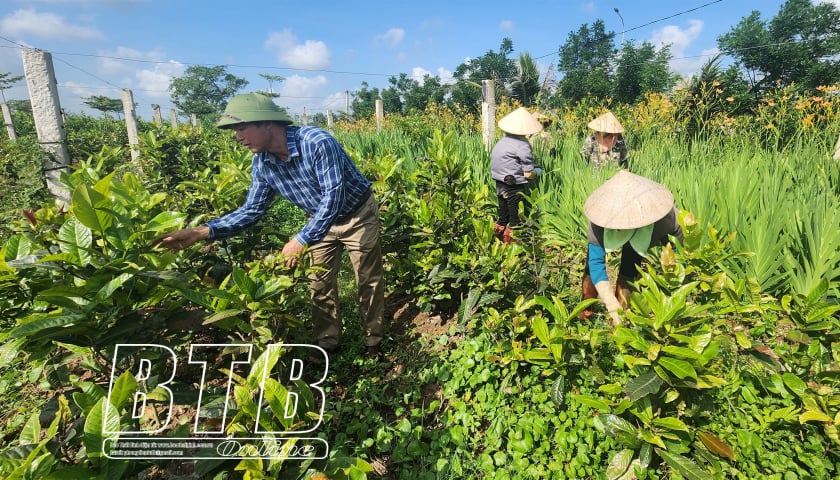
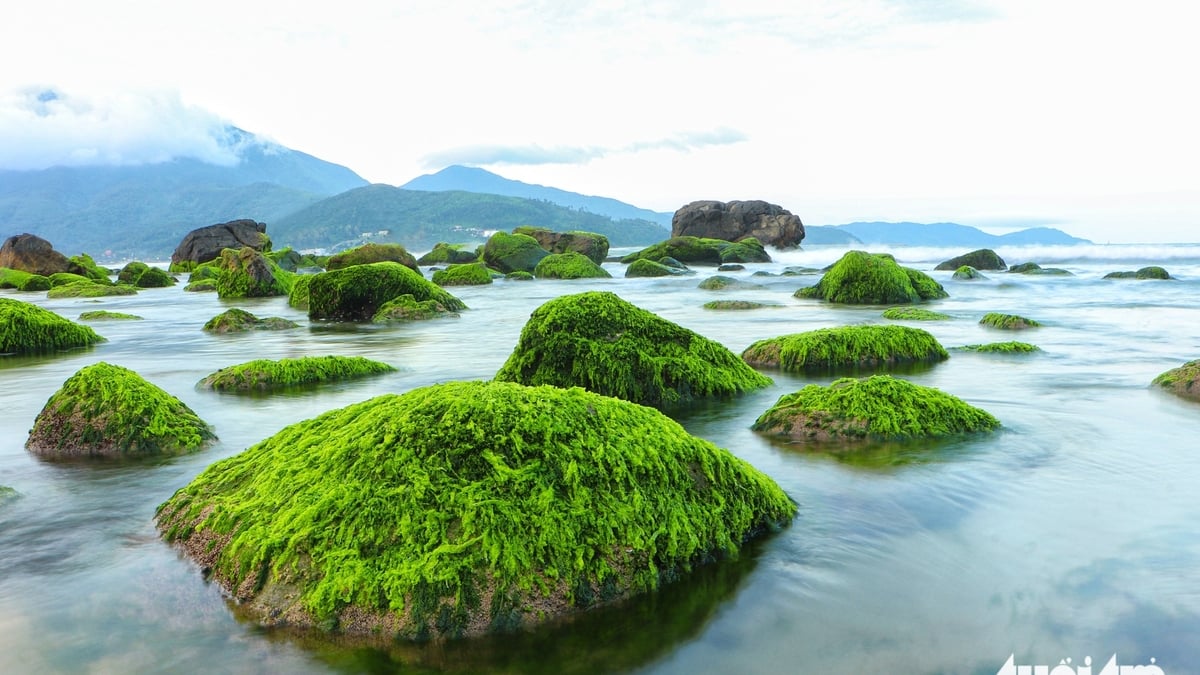

![[Photo] Politburo works with the Standing Committee of Cao Bang Provincial Party Committee and Hue City Party Committee](https://vphoto.vietnam.vn/thumb/1200x675/vietnam/resource/IMAGE/2025/8/28/fee8a847b1ff45188749eb0299c512b2)
![[Photo] General Secretary To Lam attends the opening ceremony of the National Achievements Exhibition](https://vphoto.vietnam.vn/thumb/1200x675/vietnam/resource/IMAGE/2025/8/28/d371751d37634474bb3d91c6f701be7f)
![[Photo] National Assembly Chairman Tran Thanh Man holds talks with New Zealand Parliament Chairman](https://vphoto.vietnam.vn/thumb/1200x675/vietnam/resource/IMAGE/2025/8/28/c90fcbe09a1d4a028b7623ae366b741d)
![[Photo] Red flag with yellow star flutters in France on National Day September 2](https://vphoto.vietnam.vn/thumb/1200x675/vietnam/resource/IMAGE/2025/8/28/f6fc12215220488bb859230b86b9cc12)


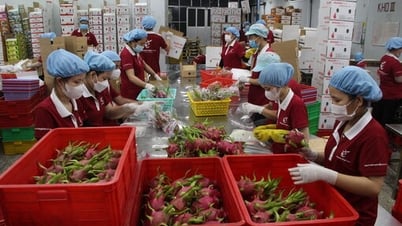


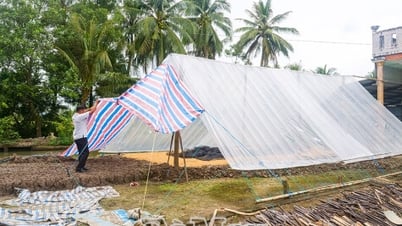

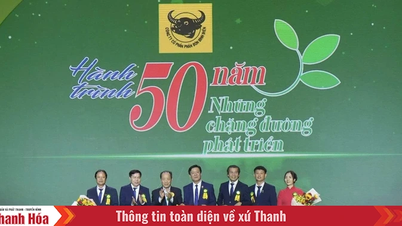

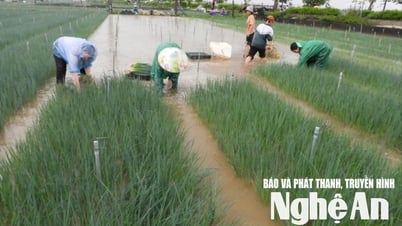

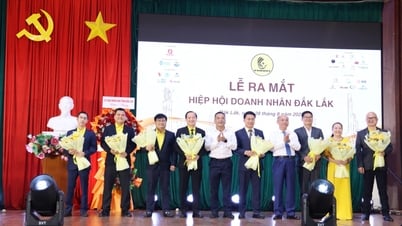

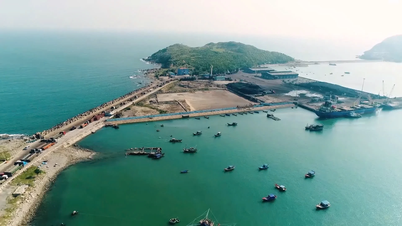



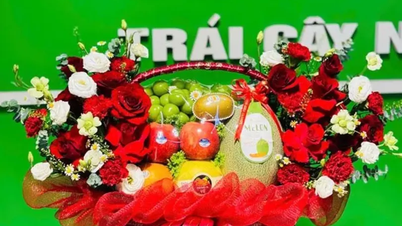

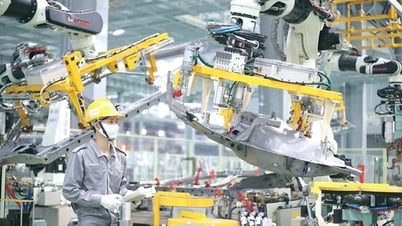

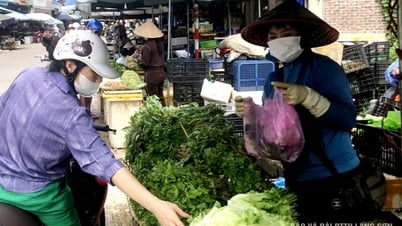






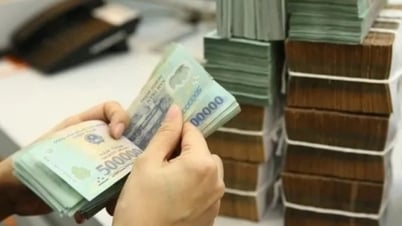

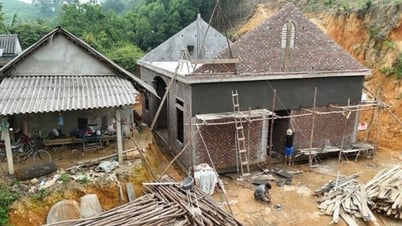
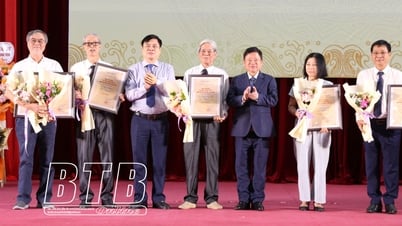
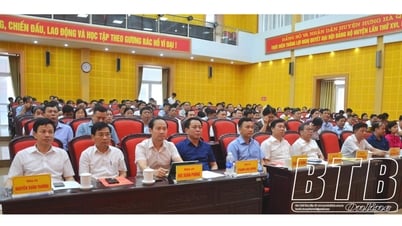
























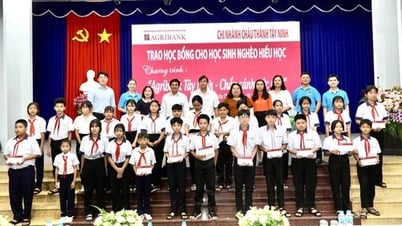


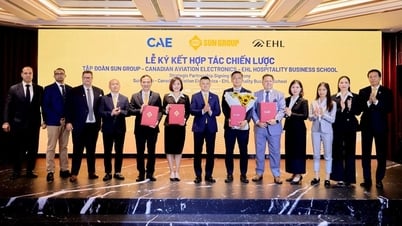


















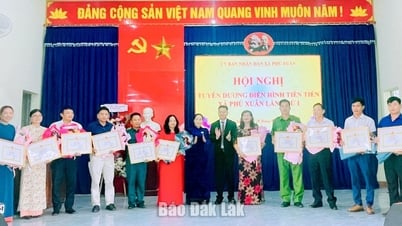


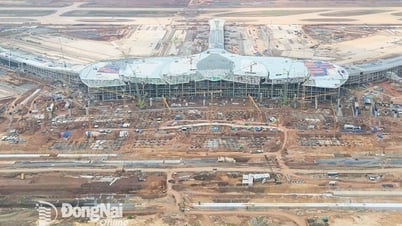

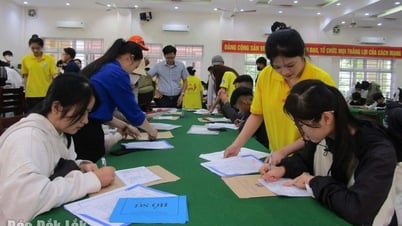
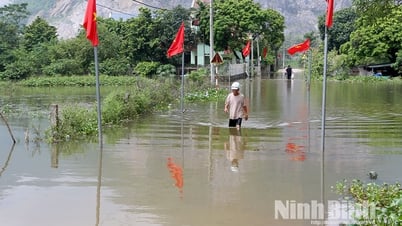














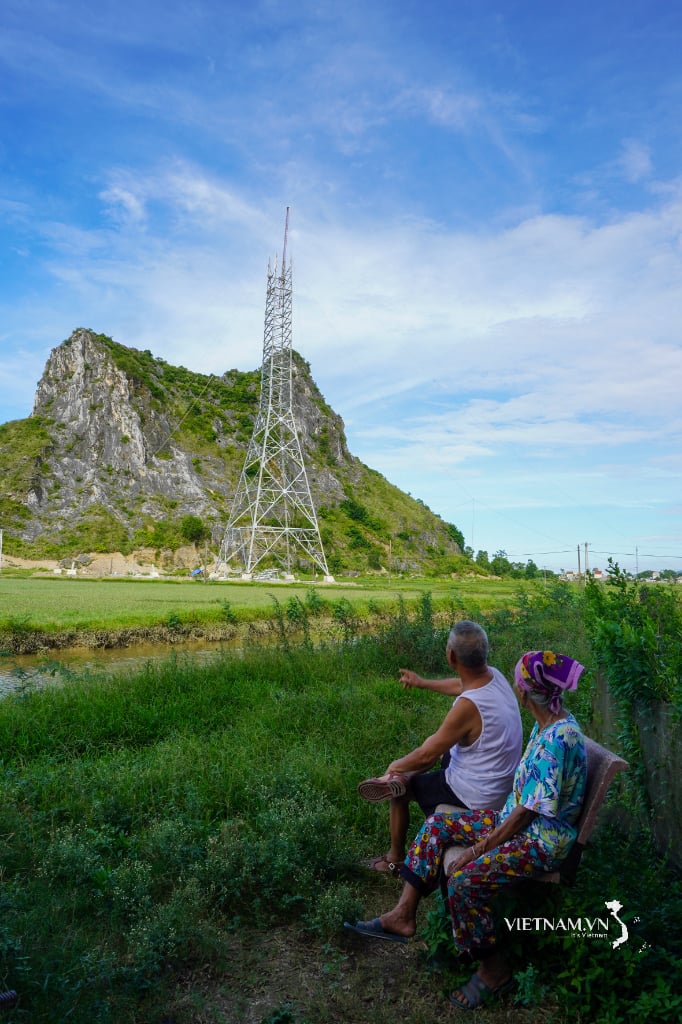


Comment (0)